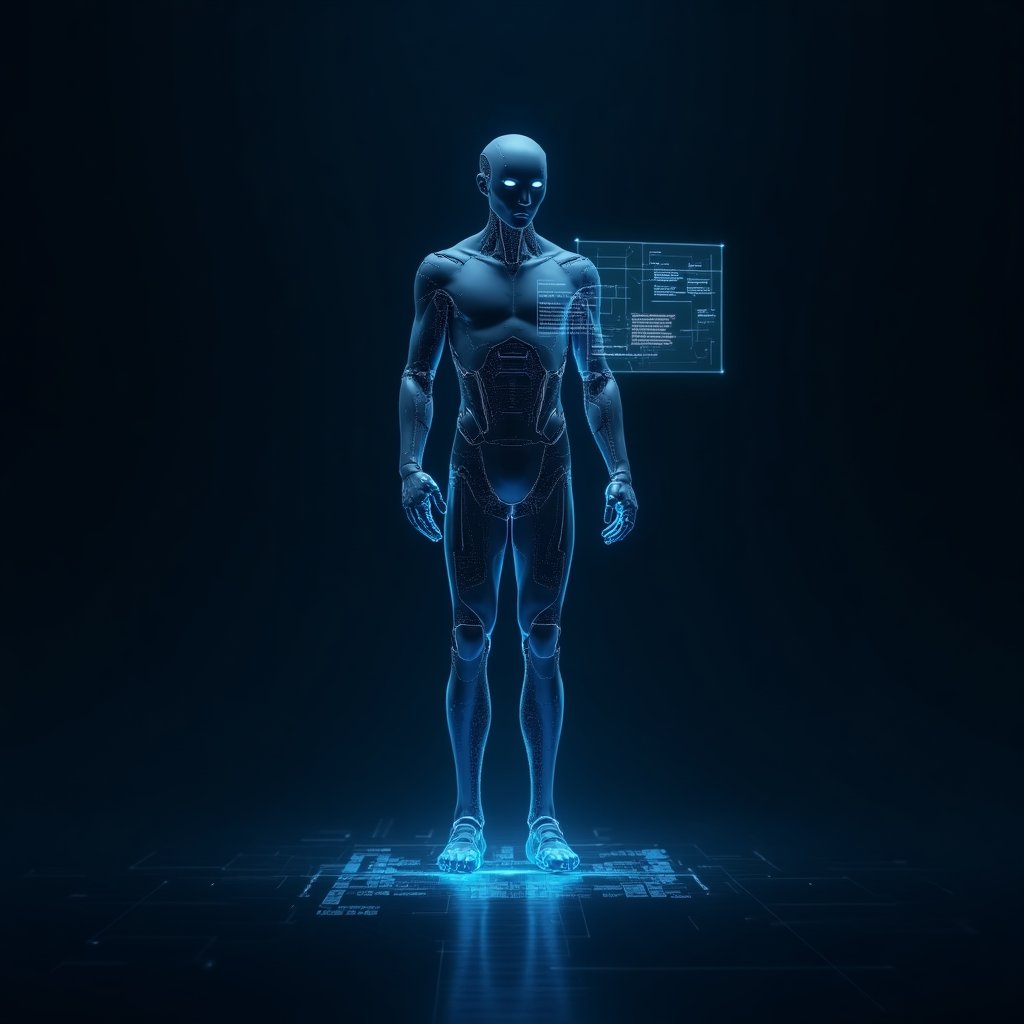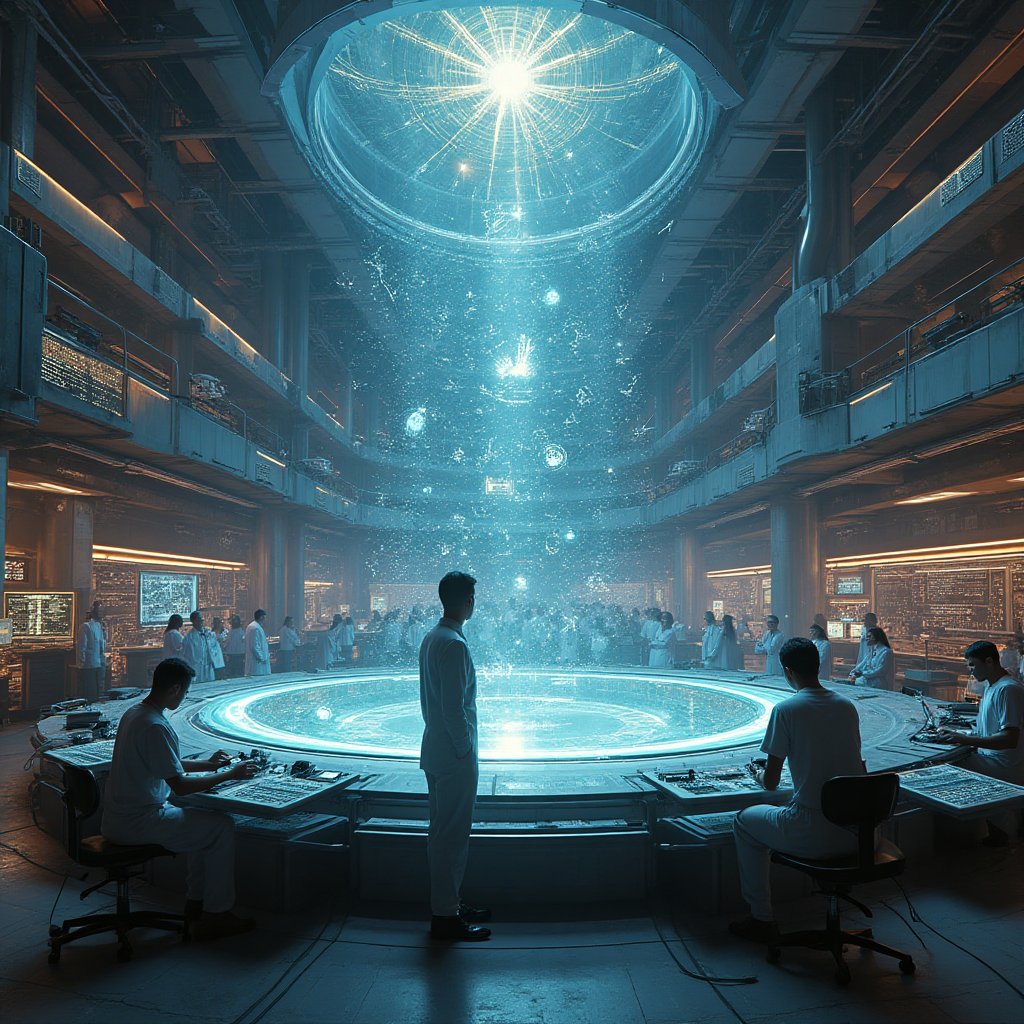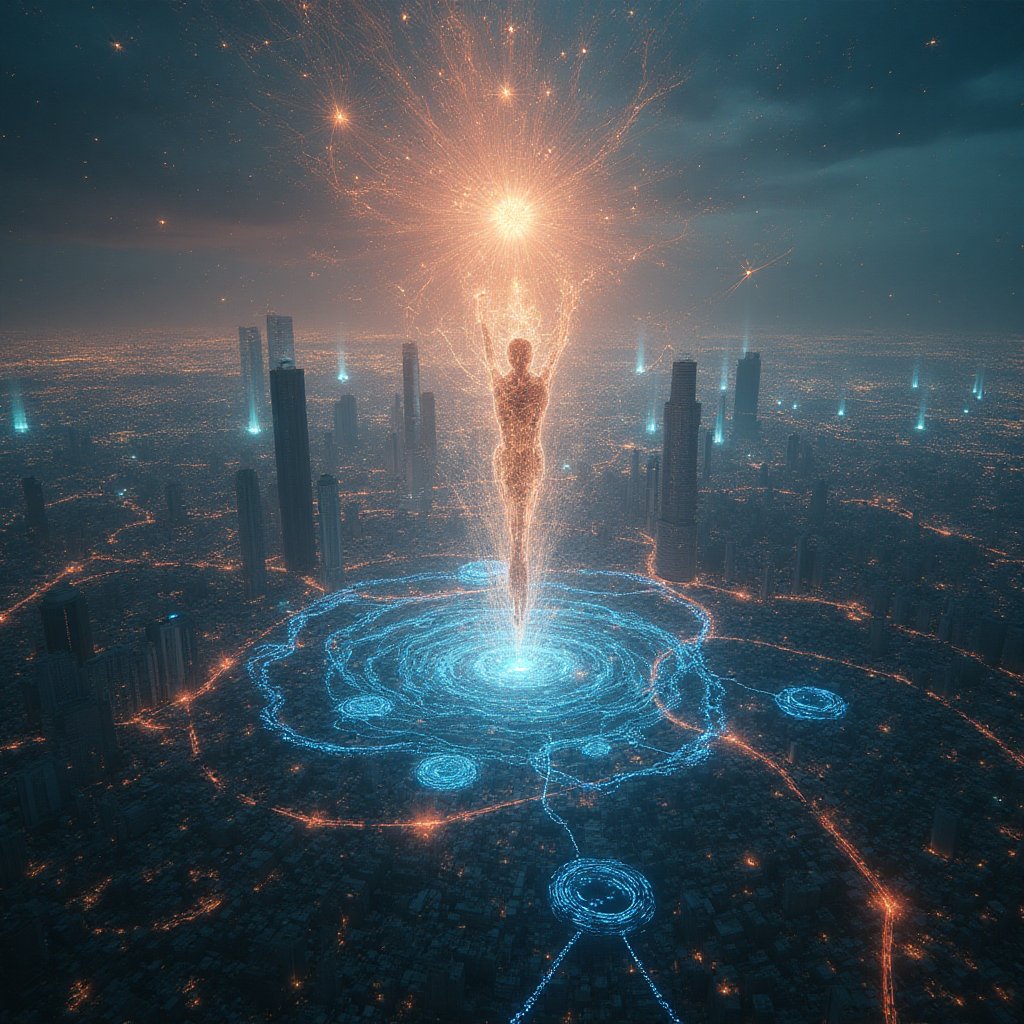What Are These AI Agents, and Why Are They So Expensive?
OpenAI is rumored to be launching three tiers of AI agents. The low-end agents will cost $2,000 per month, mid-tier agents for software development will run you $10,000, and the high-end PhD-level research agents? A jaw-dropping $20,000 a month. At first glance, this seems absurd. But when you break it down, it’s not as crazy as it sounds. For businesses, these agents could replace entire teams of highly paid professionals. Imagine having a software developer who works 24/7, doesn’t take sick days, and never asks for a raise. Sounds like a CEO’s dream, right?
According to TheAIGRID’s latest video, OpenAI’s agents aren’t just tools—they’re workflows. These agents can handle complex, multi-layered tasks that would take humans weeks, if not months, to complete. Think of them as your personal army of digital assistants, each specializing in a different area. From deep research to coding to logistics planning, these agents are designed to tackle the messy, real-world problems that human minds struggle to organize. And they’re not just reacting to commands—they’re pursuing goals. That’s where the real magic happens.
OpenAI’s Deep Research Agent: A Game-Changer
OpenAI already gave us a taste of what’s possible with their Deep Research agent. If you’re not familiar, OpenAI released a tool that could compile hours of research into just 10 minutes. Whether you’re a stock trader looking for the next big play or a scientist sifting through data, this tool is a game-changer. It’s like having a team of PhDs on speed dial. And according to early testers, the results are nothing short of mind-blowing. One user described it as “the ‘aha’ moment for the majority of modern knowledge work.”
But here’s the scary part: this is just OpenAI’s first step. If Deep Research can do this much, imagine what their high-end agents will be capable of in five years. Think about it—AI agents that can run applications, book travel, and even design payment software from scratch. The possibilities are endless, and the implications are staggering. Are we heading toward a future where human workers are obsolete? Or is this the key to unlocking unprecedented levels of innovation and productivity?
The Business Case for $20,000 AI Agents
Let’s get real for a second. $20,000 a month is a lot of money. But for businesses, it’s all about return on investment (ROI). If an AI agent can replace a $200,000-a-year software engineer or speed up the timeline for groundbreaking medical research, that $20,000 suddenly looks like a bargain. And OpenAI isn’t just targeting tech companies. Universities, research labs, and even financial firms could benefit from these agents. The question isn’t whether these agents are worth the price—it’s whether they can deliver on their promises.
According to OpenAI’s forecasts, they expect to rake in $3.7 billion in 2024 and $12.7 billion in 2025. And a significant chunk of that revenue is expected to come from these agents. Even SoftBank has reportedly invested $3 billion in OpenAI’s agents. That’s a massive vote of confidence in the company’s vision. But here’s the kicker: OpenAI isn’t just competing with other AI companies. They’re competing with the future of work itself. If they can pull this off, they’ll redefine what it means to be a productive member of society.
Will OpenAI’s Coding Agent Outperform Devin?
Speaking of competition, OpenAI is reportedly working on a coding assistant aimed at senior software engineers. This agent could cost $10,000 a month, but for many companies, it might still be cheaper than hiring a human developer. However, OpenAI isn’t the only player in this space. Companies like Devin are already offering coding agents for $500 a month. So, how will OpenAI differentiate itself?
According to TheAIGRID, OpenAI’s coding agent will likely be more comprehensive than Devin’s. It’s not just about writing code—it’s about managing complex workflows, collaborating with teams, and delivering results. In other words, it’s not just a junior developer. It’s a full-stack engineer, project manager, and QA tester rolled into one. And if OpenAI can deliver on that promise, they’ll have a serious advantage in the AI agent space.
The Rise of Super Agents
But wait—there’s more. OpenAI is also working on what they call “super agents.” These aren’t just AI tools—they’re AI agents that can build entire products from scratch. Imagine telling your AI agent, “Build me a new payment software.” The agent could design, test, and deliver a functioning product—all without any human intervention. That’s the level of automation we’re talking about. And it’s not just about software. These agents could handle everything from financial analysis to logistics planning. Want to plan an offsite retreat? Your agent could handle everything from scheduling to booking a private dinner near the venue.
These super agents represent the next level of AI. They’re not just responding to commands—they’re pursuing goals. And that’s where the real potential lies. Whether you’re a business owner, a researcher, or just someone who wants to maximize their productivity, these agents could change the way you work. But is it worth the cost? And what does it mean for the jobs of tomorrow?
What Does This Mean for the Future of Work?
Let’s be honest—this is both exciting and terrifying. On one hand, AI agents could unlock levels of productivity and innovation we’ve never seen before. On the other hand, they could render entire professions obsolete. Imagine a world where universities use AI agents to conduct research, tech companies use them to write code, and financial firms use them to analyze investments. It’s a world where human workers are no longer the driving force behind progress.
But here’s the thing: AI agents aren’t just a threat. They’re an opportunity. For businesses, they could reduce costs, increase efficiency, and drive innovation. For individuals, they could free up time to focus on more meaningful work—or even pursue entirely new careers. The key is to adapt. Instead of fearing AI, we need to learn how to work alongside it. After all, the future isn’t about humans vs. machines. It’s about humans and machines.
Is OpenAI’s $20,000 AI Agent Worth It?
So, the million-dollar question—or rather, the $20,000 question—is whether OpenAI’s AI agents are worth the investment. The answer depends on who you ask. For businesses, the ROI could be massive. For individuals, it might not make sense—at least not yet. But one thing’s for sure: OpenAI is betting big on the future of AI. And if they can deliver on their promises, they’ll change the game forever.
What do you think? Is OpenAI’s $20,000 AI agent the future of work—or the end of it? Let me know in the comments. And if you’re as excited about the future of AI as I am, join the iNthacity community—the “Shining City on the Web.” Let’s shape the future together.
So, what’s next? Will OpenAI’s AI agents live up to the hype? Or is this just another overpriced tech fad? Only time will tell. But one thing’s for sure: the future of work is changing—fast. And whether we’re ready or not, AI agents are coming. The question is: are you ready to embrace them? Let’s keep the conversation going. Share your thoughts, and let’s build the future together.
Wait! There's more...check out our gripping short story that continues the journey: The Alchemist’s Shadow
Disclaimer: This article may contain affiliate links. If you click on these links and make a purchase, we may receive a commission at no additional cost to you. Our recommendations and reviews are always independent and objective, aiming to provide you with the best information and resources.
Get Exclusive Stories, Photos, Art & Offers - Subscribe Today!


























1 comment